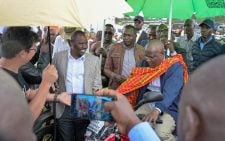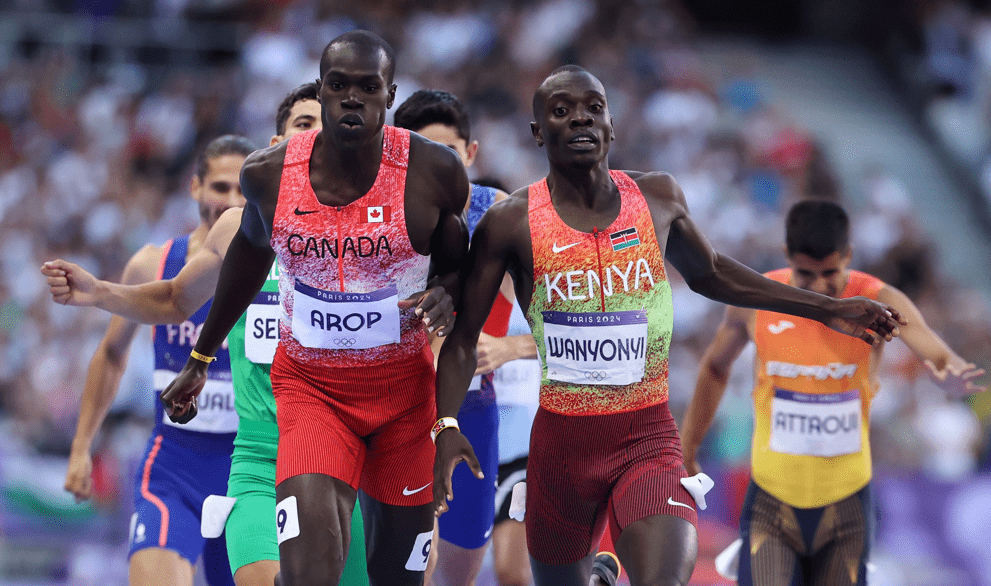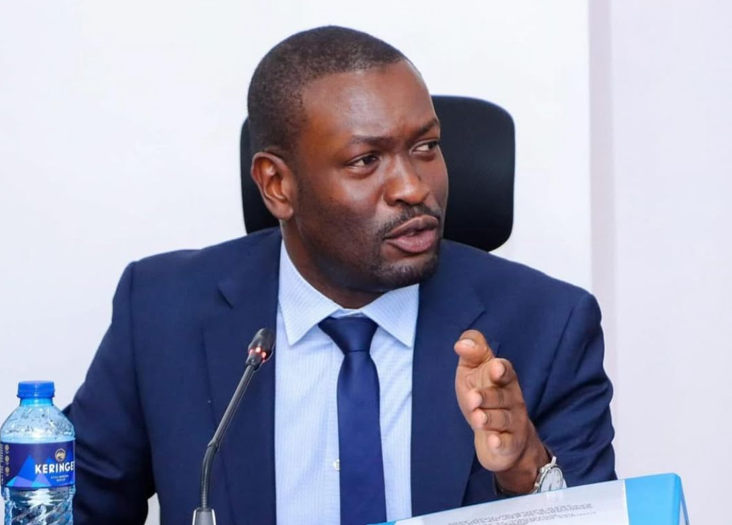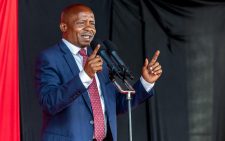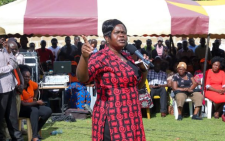Young leaders unveil political movement for 2027 elections

A coalition of young Kenyan leaders under the banner of New Generation Aspirants yesterday announced plans to chart their new political course for the country in 2027.
In what they described as a “necessary take over”, the youth-led movement said it would no longer remain silent in the face of national decay and generational neglect as their leaders declared intentions to replace the old guard in politics.
With over 75 percent of the population under the age of 35, the New Generation Aspirants say they are advocating for governance reforms and positioning themselves to lead in the upcoming elections.
“We are not driven by ego or ambition. We are driven by necessity,” said Lavani Mila, one of the conveners of the group.
“Our country is bleeding. Our people are suffocating under the weight of corruption, debt, joblessness, and hopelessness. We are here to say that the youth are not just the future – we are the now.”
The press conference was convened against the backdrop of a worsening economic situation in the country.
The 2027 elections are expected to witness a significant increase in youth voter turnout, with Generation Z constituting a substantial portion of the electorate.
Since the beginning of the year, political parties have been actively engaging with young voters through digital platforms like TikTok and X to address their concerns and aspirations.
Greater accountability
The Gen Z demographic has been championing governance reforms and greater accountability from elected officials. With unemployment among young people at an all-time high, a spiralling cost of living, and growing disillusionment with traditional political parties, the New Generation Aspirants say they are stepping in to fill a void created by years of failed leadership.
“We have grown up watching our parents struggle. Now, we are adults, and we are still struggling – in the same cycle,” said John Kiarie, a spokesperson for the movement.
“The difference is, this generation is not going to pass on that cycle. We are breaking it, here and now.”
The movement brings together youth leaders from across Kenya’s regions, ethnicities, and political leanings, united by what they described as shared pain and shared hope.
“This is not a tribal movement. It is not a political party. It is a generation reclaiming its voice,” Mila emphasised.
“We come from Mombasa, Kisumu, Eldoret, Kitui, Marsabit, and we are all speaking the same language: the language of change,” Kiarie added.
The group highlighted their vision for a new political and social order, one grounded in integrity, opportunity, and inclusivity.
They promised to challenge the dominance of the traditional political class, whom they blamed for deepening inequality, entrenched impunity, and the erosion of national values.
“We are not anti-elders. We respect those who came before us,” said Kiarie.
“But we are anti-failure. We are anti-stagnation. We are anti-looting. And we are anti-business-as-usual.”
Roadmap coming
While the group did not declare a specific political formation or lineup of candidates, they indicated that a roadmap would be unveiled in the coming months.
“We are not rushing into elections. We are building a movement,” Mila said.
“A movement that listens to the people, that grows with the people, and that serves the people. Leadership must be earned, not inherited,” added Kiarie.
The young people also issued a call to their peers across the country to step up, not just as voters but as active participants in shaping policy and politics.
“Get out of your comfort zone. Organise. Speak out. Run for office. Volunteer. This is our time. And no one is going to hand it to us – we have to take it,” Kiarie said.
“This is not just a press conference. It is a warning shot. Kenya’s youth are awake. And we are not going back to sleep,” Mila said.
Potent generation
What makes Gen Z particularly potent in the emerging political wave, pundits says, is their command of digital spaces. Armed with smartphones and a deep understanding of social media algorithms, they use platforms like TikTok, Instagram, and X to mobilise, educate, and create viral content that sparks national conversations.
Hashtags like #GenZRevolution, #OccupyParliamentKE, and #WeAreWokeKE trended last year, reflecting their discontent and determination. Memes, skits, music, and spoken word have become powerful tools of resistance, blending humour and hard truths to shake off apathy and spark engagement.

